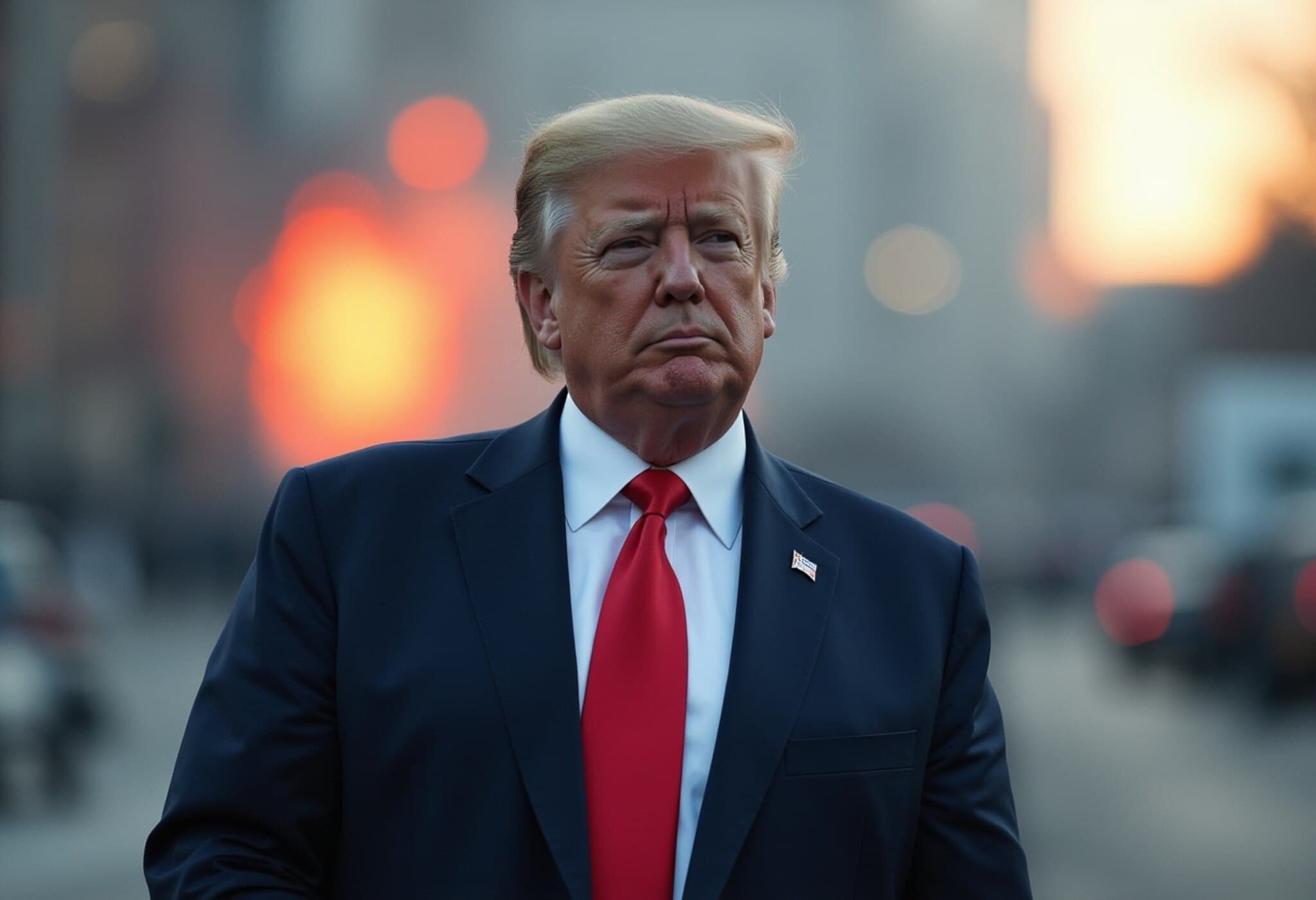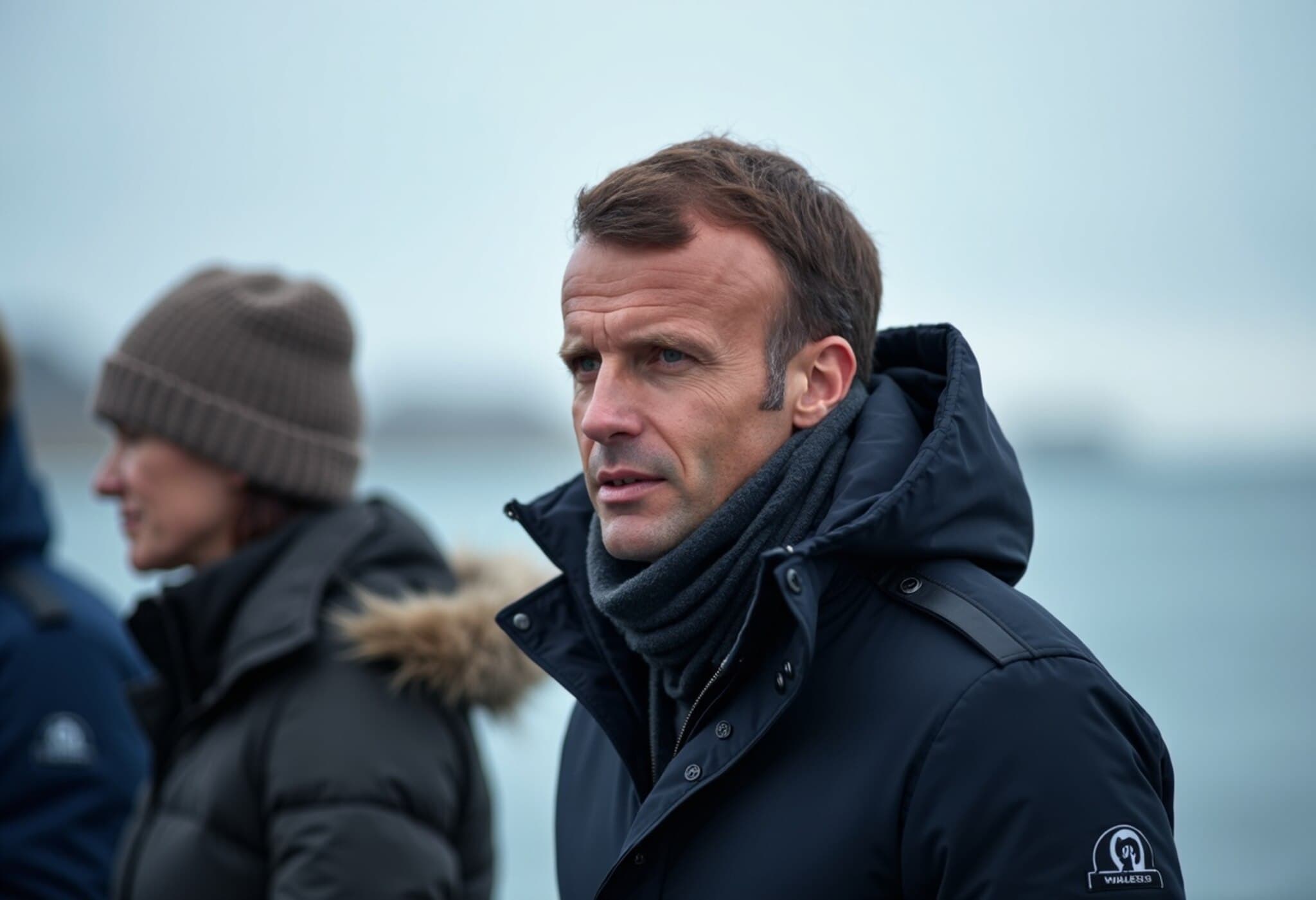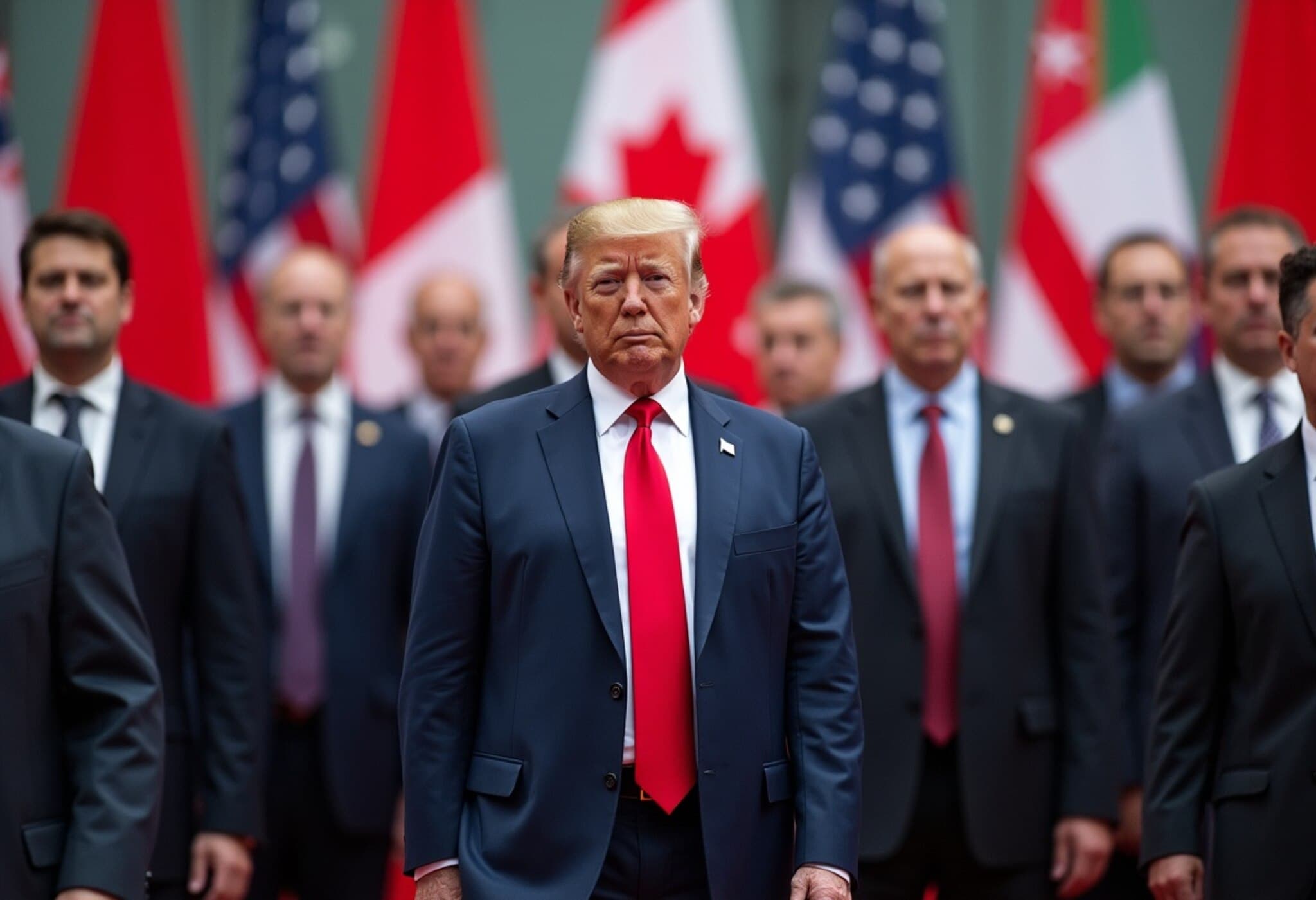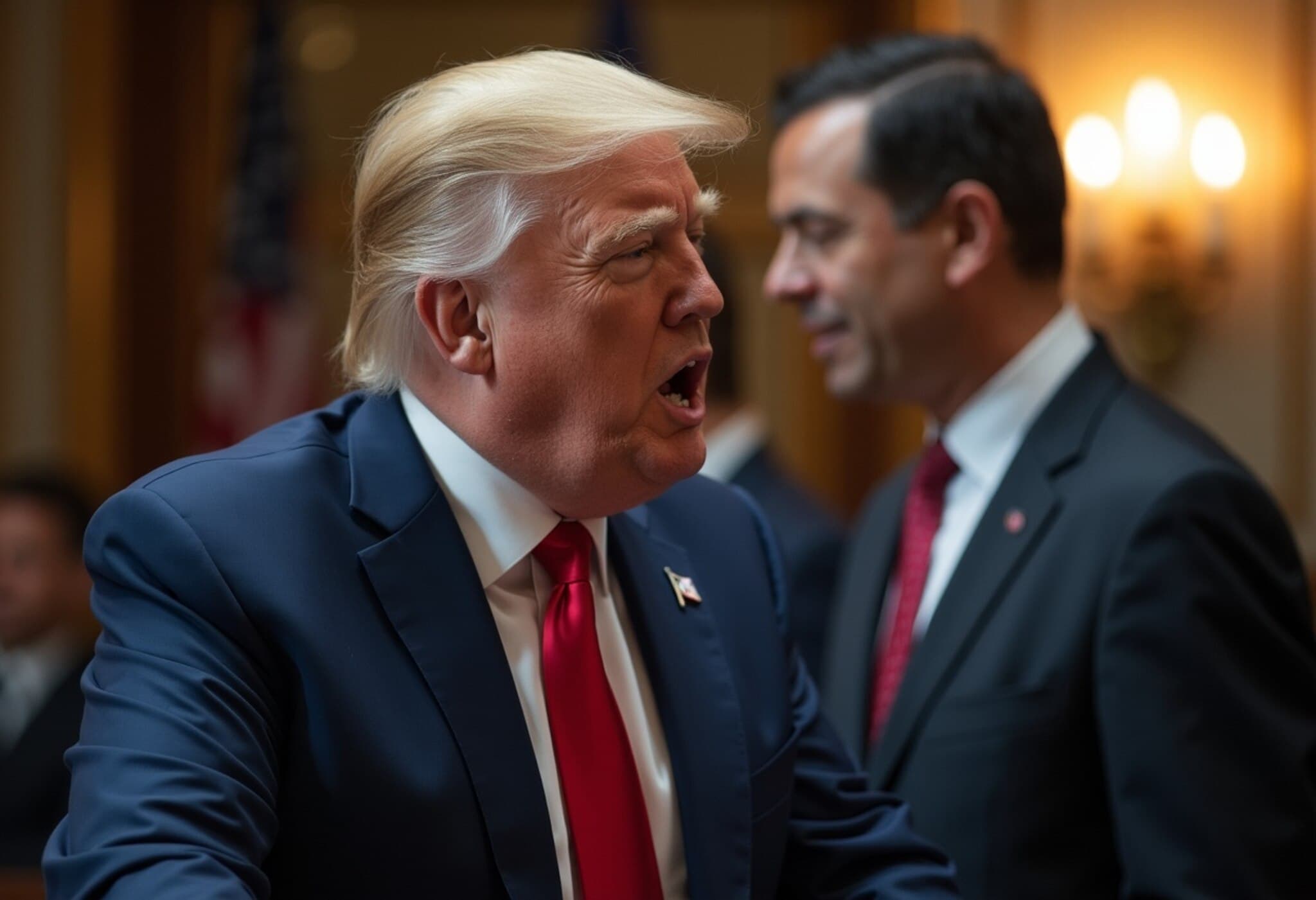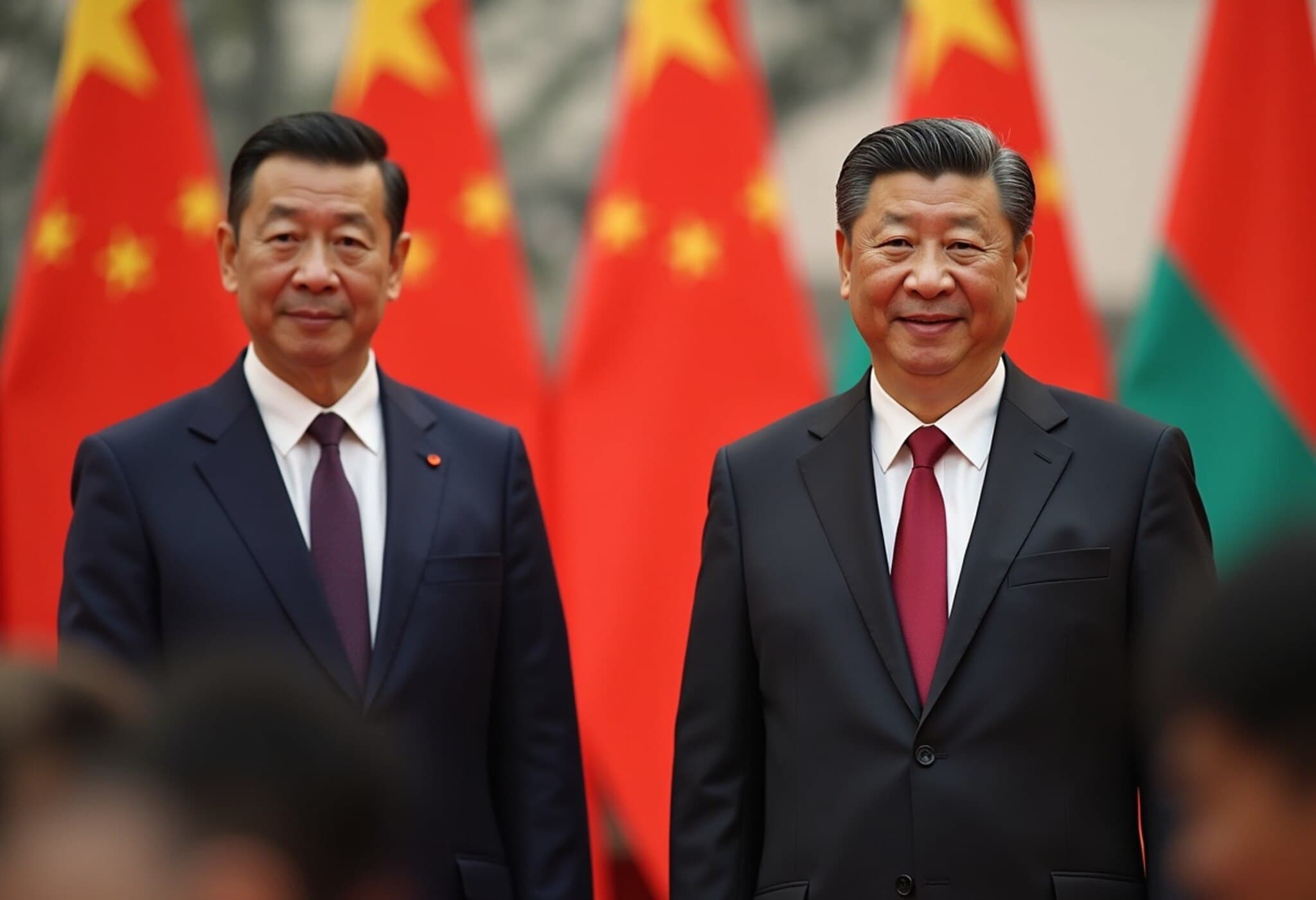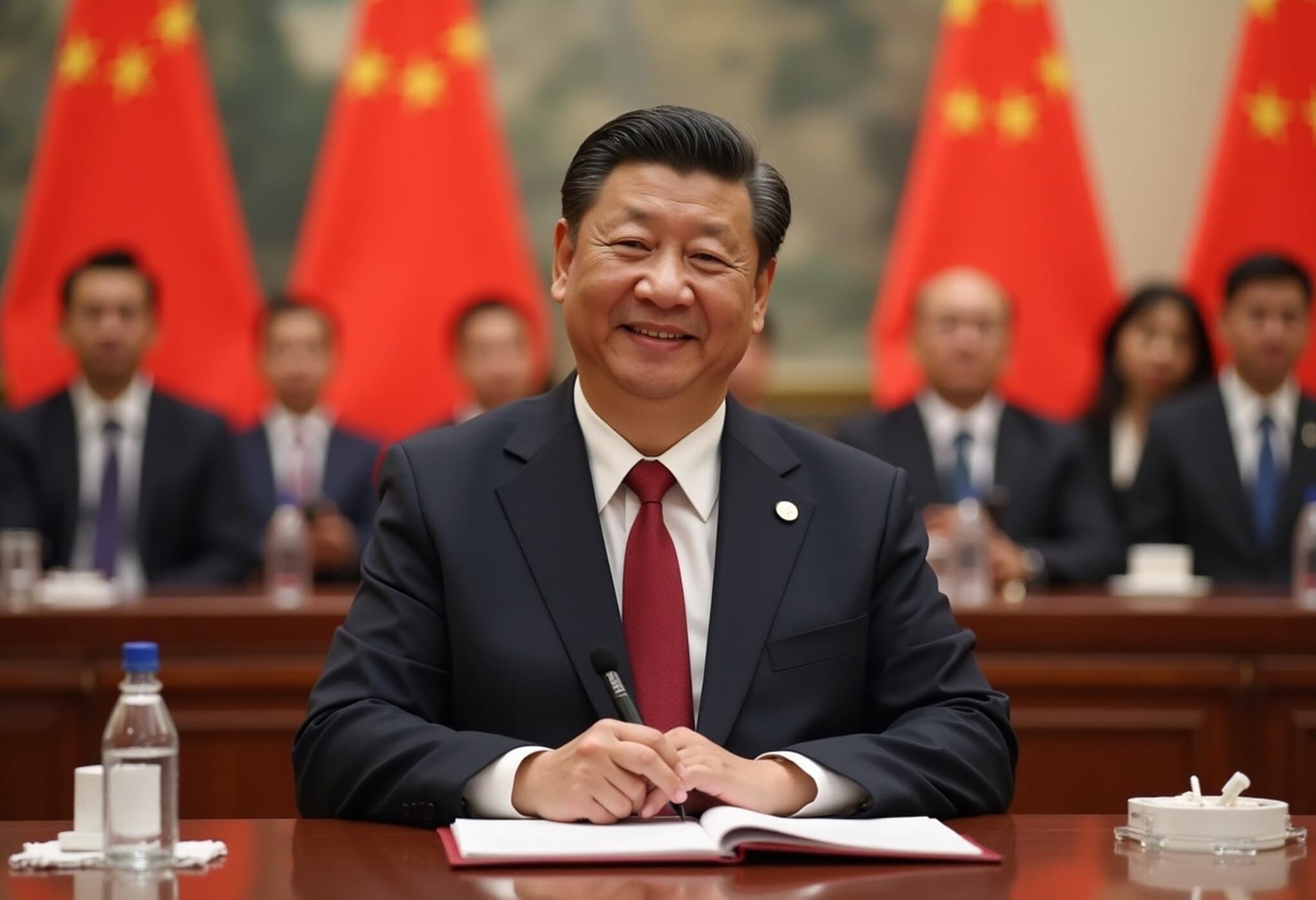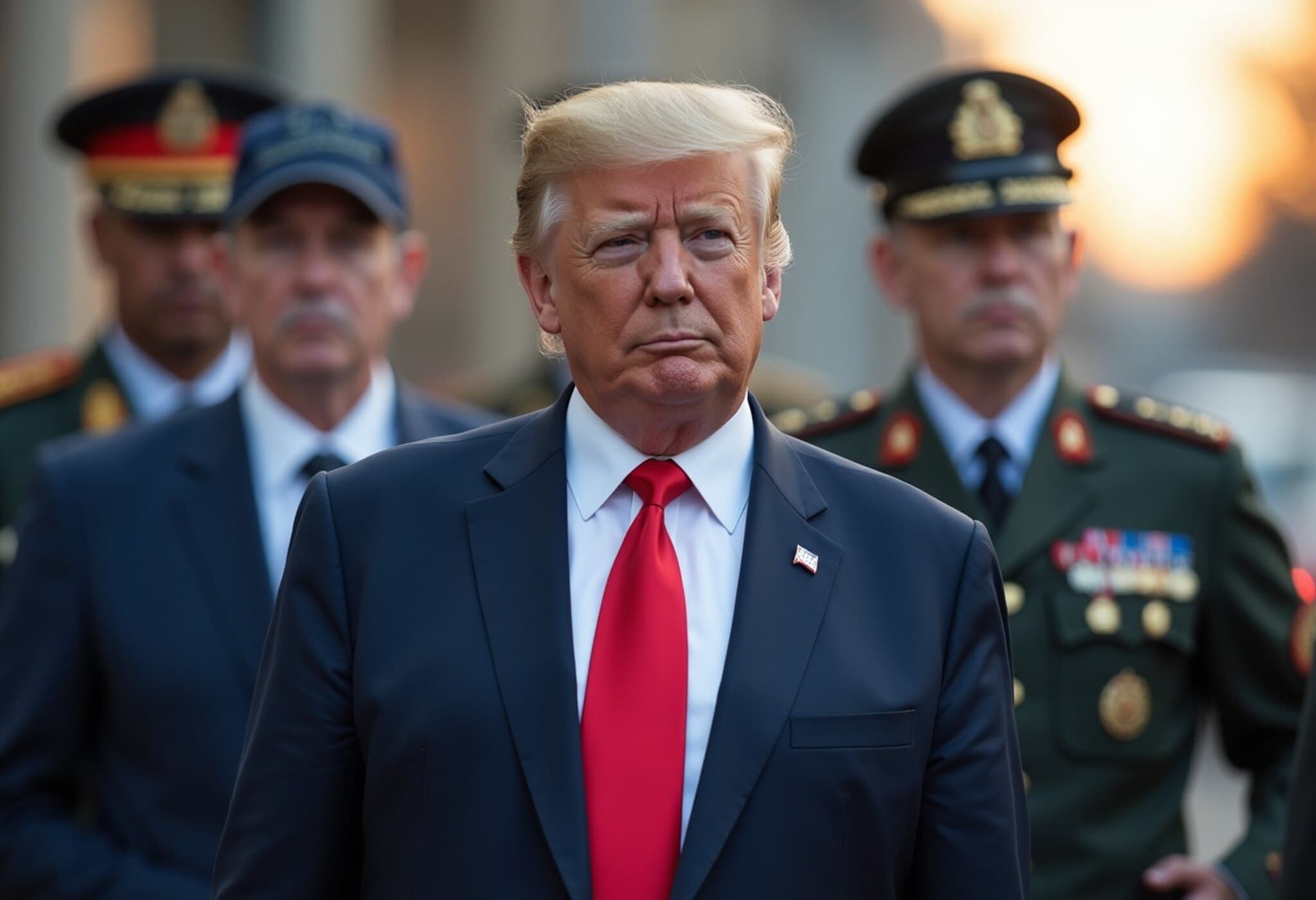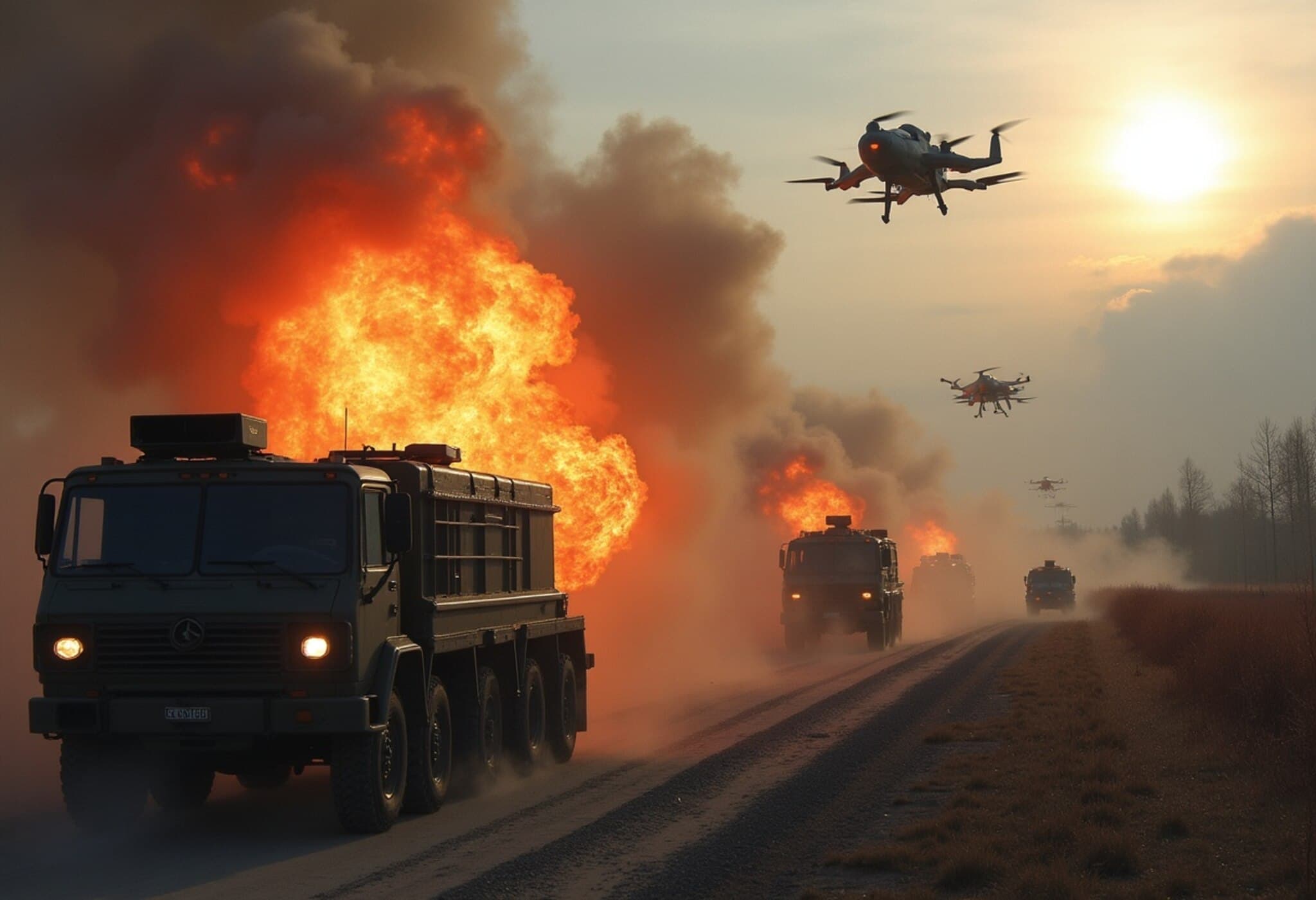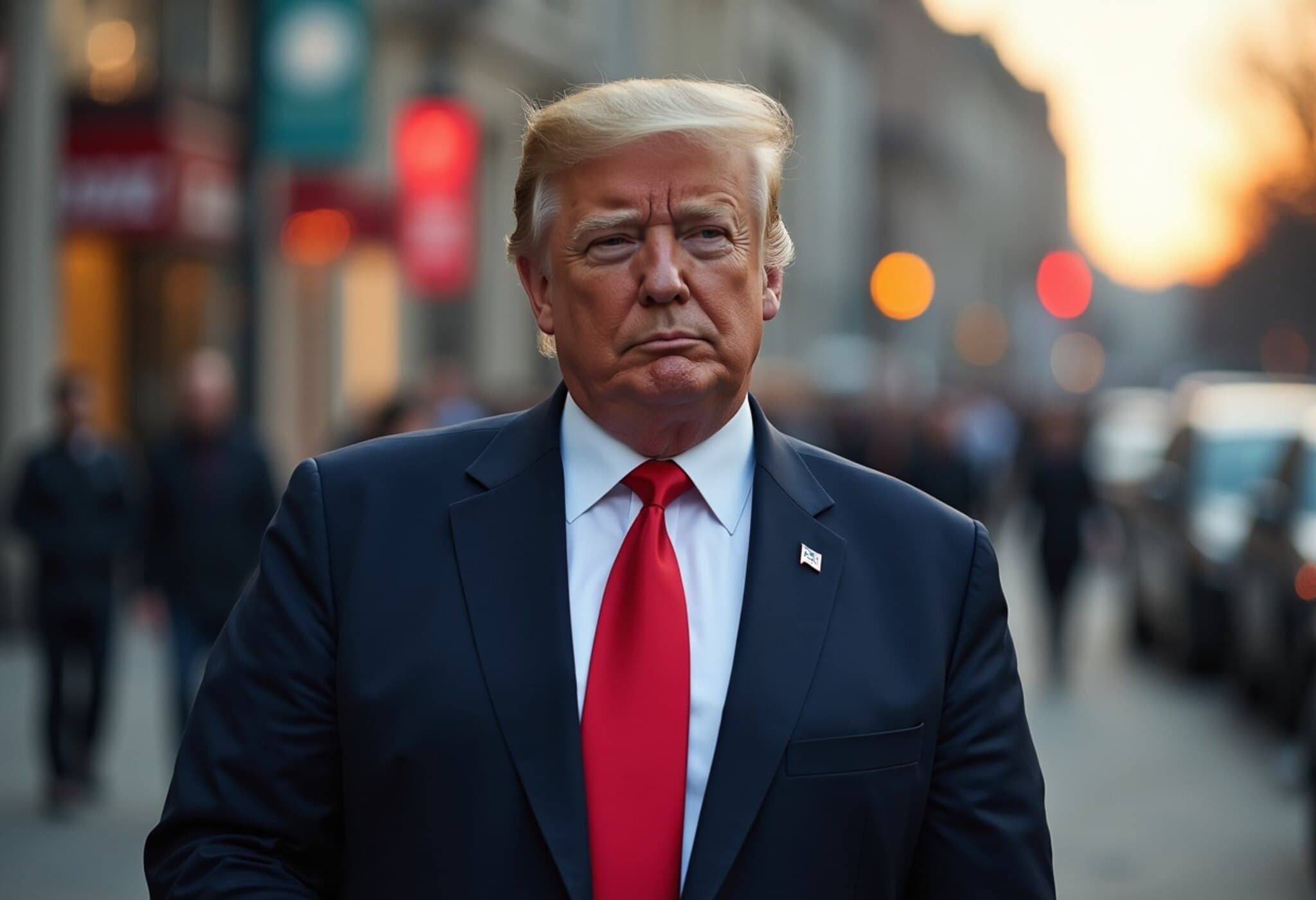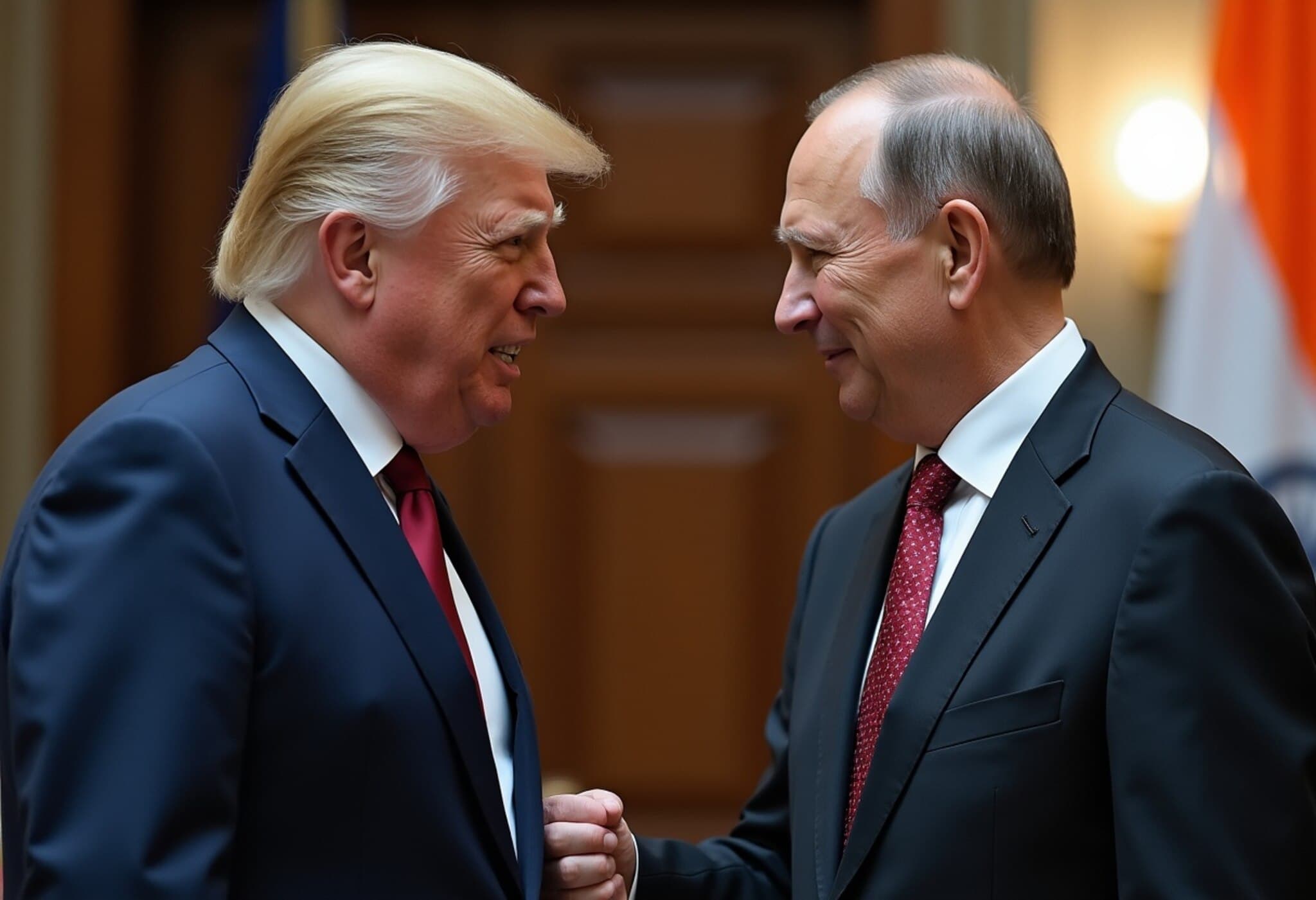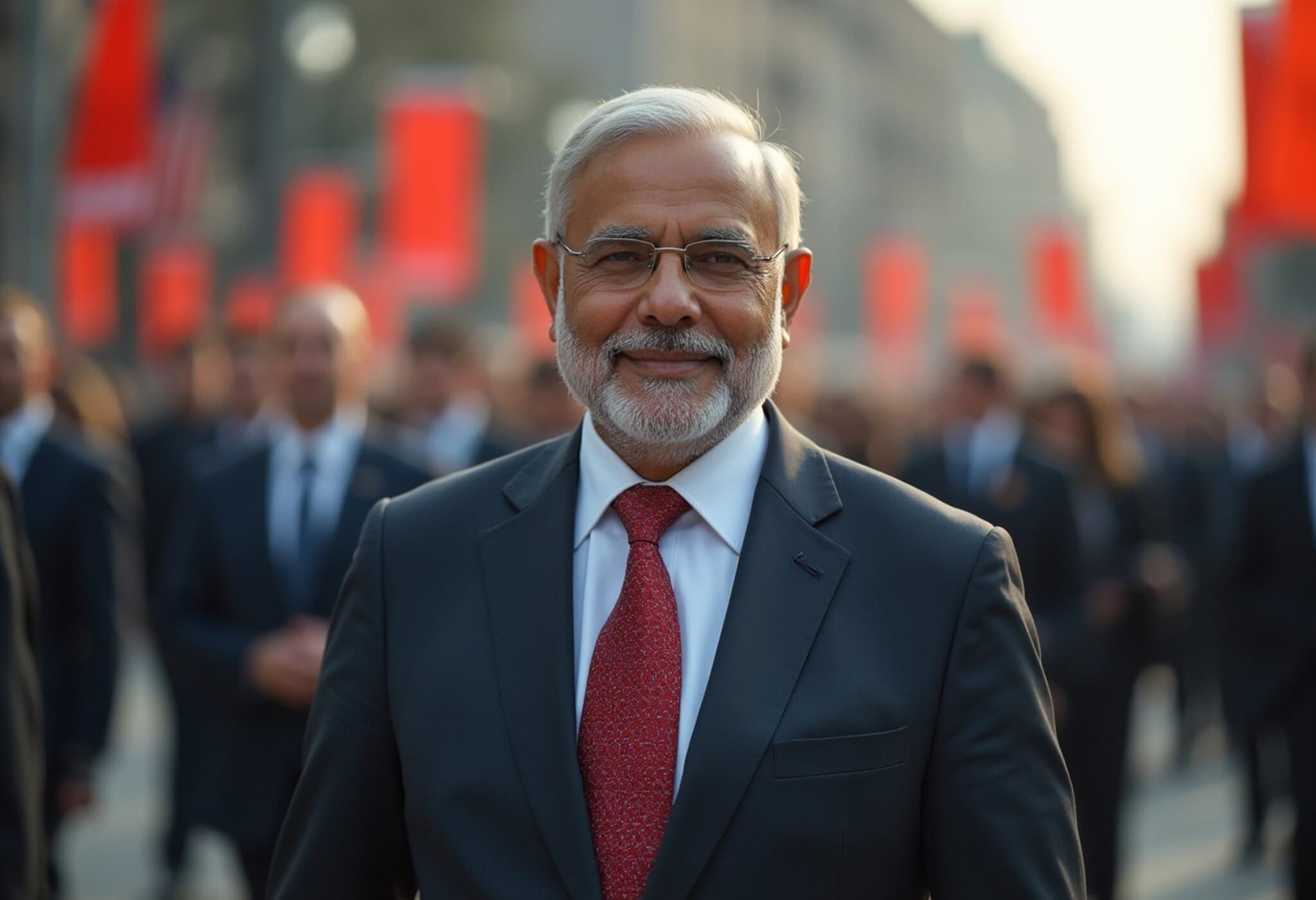Trump Responds Firmly to Medvedev’s Nuclear Threat with Submarine Deployment
In a sharp escalation of tensions reminiscent of Cold War brinkmanship, former US President Donald Trump announced on August 1, 2025, that he has ordered the deployment of two nuclear submarines in response to provocative statements made by Dmitry Medvedev, former Russian President and current Deputy Chairman of Russia’s Security Council.
Background: Verbal Confrontation Spirals into Military Posturing
The diplomatic standoff intensified after Trump publicly labeled Medvedev the “failed former President of Russia” and cautioned him to “watch his words,” a move that provoked a stark warning from Medvedev referencing Russia’s Cold War-era nuclear strike systems. Medvedev’s comments implied a readiness to escalate should tensions further deteriorate.
On his social media platform Truth Social, Trump wrote: “Based on the highly provocative statements of the Former President of Russia, Dmitry Medvedev…, I have ordered two Nuclear Submarines to be positioned in the appropriate regions, just in case these foolish and inflammatory statements are more than just that.” He stressed the critical importance of measured rhetoric, adding, “Words are very important, and can often lead to unintended consequences.”
The Submarine Deployment: Strategic Signal or Genuine Escalation?
While Trump did not disclose details about whether the submarines are nuclear-powered, nuclear-armed, or their exact locations, the announcement sent shockwaves through international observers who see this as a clear signal of readiness and deterrence. Nuclear submarines are among the most formidable strategic assets, capable of second-strike capability and remaining hidden beneath the oceans for extended periods.
Experts suggest that such deployments serve a dual purpose: reassuring domestic audiences of strength, and signaling to adversaries a willingness to counter threats aggressively. In the context of US-Russia relations—already strained by ongoing conflicts and trade tensions—the move raises the stakes for diplomatic efforts.
Wider Political and Economic Context
- Trump simultaneously announced new tariffs on India, blasting its high trade barriers and accusing it of aligning with Russia economically.
- He suggested a strategic decoupling: “Russia and the USA do almost no business together. Let’s keep it that way,” underscoring a tough stance on trade relations.
- Medvedev mocked Trump’s derogation of “dead economies” and warned about Russia’s nuclear deterrent, hinting at the infamous Cold War “Dead Hand” system as a reminder of Moscow’s capabilities.
Implications for US-Russia Relations and Global Security
This incident spotlights the fragile balance between diplomatic rhetoric and military readiness in current geopolitics. Medvedev’s suggestion that Trump’s sanctions and ultimatums edge the world closer to conflict, not just between Russia and Ukraine but also potentially involving the US internally, captures the unnerving risk of escalation from political posturing.
Historically, nuclear submarine deployments have been critical tools for strategic deterrence, but their use during heightened rhetoric can inadvertently ratchet tensions dangerously high. Analysts warn that reliance on such threatening gestures without accompanying diplomatic dialogue could trap both countries in cycles of mistrust and reactive escalation.
What’s Next? Questions and Concerns
- Will this lead to a renewed arms race or thaw relations through cautious deterrence?
- How might these developments impact nuclear non-proliferation treaties and global arms control efforts?
- Could economic pressures and trade disputes exacerbate or help resolve diplomatic tensions?
Editor’s Note
The recent exchange between Trump and Medvedev is a stark reminder of how quickly geopolitical rhetoric can escalate into military posturing with potentially grave consequences. It underscores the perennial challenge world leaders face: balancing assertiveness with restraint in an era where nuclear strategy remains a cornerstone of national security. As global citizens, it is critical to watch how these developments unfold and advocate for transparent diplomacy to avoid unintended escalations that could impact millions.
Expert insight: According to policy analysts, while Trump’s announcement might be read as a performative act for domestic audiences, it undeniably adds fuel to an already volatile geopolitical environment, where trust is at a historic low. Close monitoring and diplomatic engagement are essential to prevent these exchanges from triggering real conflict.

